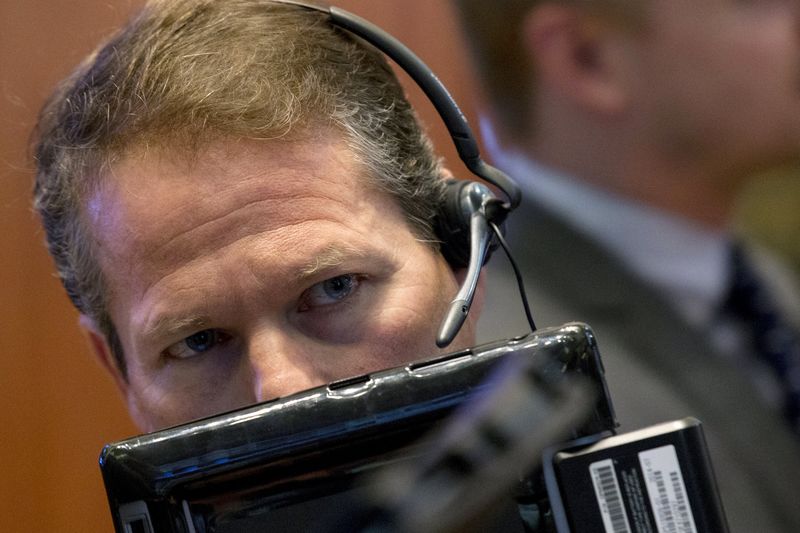By Danny Ramos and Allison Martell
LA PAZ/TORONTO, May 11 (Reuters) - Bolivia's government said on Tuesday it had signed a deal for a potential 15 million Johnson & Johnson (NYSE:JNJ) JNJ.N COVID-19 vaccines but with a twist: another manufacture would make the shots and the country would need the World Trade Organization to waive the drug's patent.
The South American country, scrabbling for vaccines like many in the region, said it had applied to the WTO to green-light a vaccine waiver so Canadian company Biolyse Pharma Corp could make the doses.
Bolivian trade official Benjamin Blanco told a news conference the move could help the impoverished Andean nation speed up a slow vaccination process. So far, Bolivia has reached just 10% of its population with a single dose.
A deal has been signed for Biolyse Pharma - known for making court challenges to Big Pharma patents - to make the single-dose drug, which would be priced at between $3 and $4 a dose, Blanco said.
"Getting someone who can make us vaccines without patents is the first step, the second is the notification to the WTO to start the (patent waiver application) process, and if that is granted, production would begin in three to six months," Blanco said.
The waiving of patents for COVID-19 vaccines became headline news last week after U.S. President Joe Biden threw his support behind a proposal by some countries before the WTO. Officials said "extraordinary measures" were needed to address unequal distribution of vaccines among rich and poor nations. companies - many of which have received government support to develop vaccines and reported bumper profits - have objected to waiving patents. They say poorer countries will be slow to set up manufacturing capacity and compete for scarce supplies, hurting production.
In 2006, Biolyse won approval to export a generic version of the influenza drug Tamiflu by applying through Canada's little-used Access to Medicines Regime, but then found demand had dropped off.
Biolyse spokesman John Fulton said that if J&J agreed to hand over the formula for its COVID-19 vaccine, it could begin production in four to six months.
Without J&J's assistance, production would be costly, take a year or longer and require a new clinical trial, he said. J&J did not immediately respond to a Reuters request for comment.
Bolivia's Blanco told Reuters in December that after a messy political transition as the pandemic started last year, his country had struggled to sign deals with Western pharmaceutical firms. EU supports COVID vaccine patent waiver talks, but critics say won't solve scarcity
